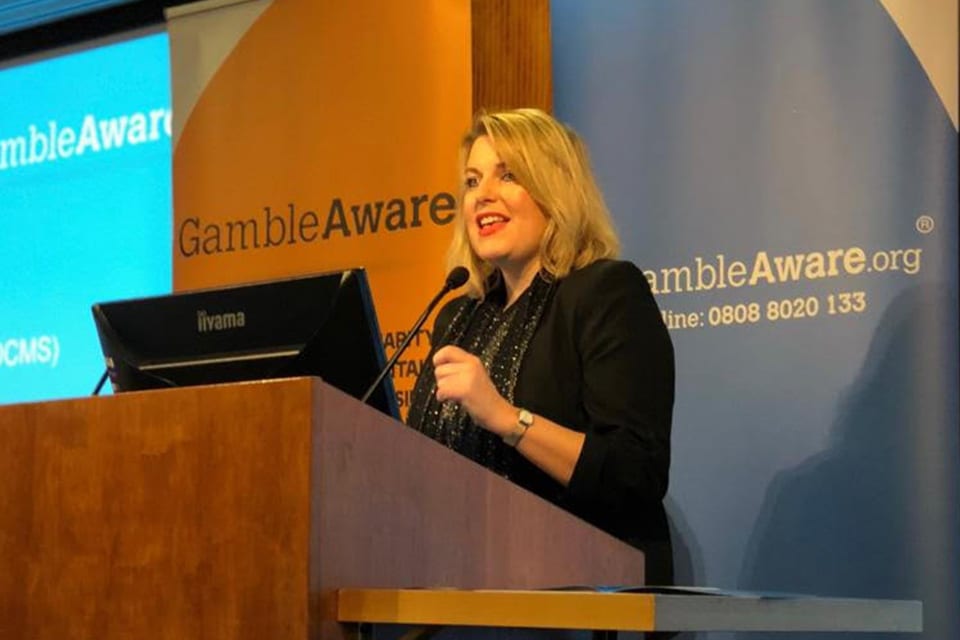UK government signs European anti-match fixing convention
| By iGB Editorial Team
UK becomes 34th signatory of the Macolin Convention, which is yet to be ratified more than 4 years after it was first published

The UK has become the latest Council of Europe member state to sign the Convention on the Manipulation of Sports Competitions, more commonly known as the Macolin Convention.
The Convention was signed by Minister for Digital, Culture, Media and Sport Mims Davies (pictured), with the UK becoming the 34th Council of Europe member to do so.
First adopted by the Council in 2014, the Convention is the only binding legal framework for tackling match-fixing. It provides common definitions of the manipulation of sporting competitions, as well as establishing processes for Council of Europe member states to collaborate in the fight against sport-related corruption.
“Match-fixing is a real threat to the integrity of sport. It is a crime that robs spectators of the pleasure of watching a contest that they can trust,” Davies said.
“While I’m confident that we have a robust system in place to prevent match-fixing, we cannot be complacent,” she said. “It is a cross-border issue, and only through a coordinated international effort can we mitigate the risks.”
Council of Europe deputy secretary general Gabriella Battaini Dragoni added: “I warmly welcome today the United Kingdom’s signature of the Council of Europe Convention on the Manipulation of Sports Competitions.
“This treaty is the only international legally-binding instrument against match-fixing, illegal betting, bad governance, insider information, conflicts of interests and the use of clubs as shell companies,” she said. “This is a clear commitment by the United Kingdom to secure integrity in sport through our convention.”
The UK Gambling Commission’s executive director for enforcement and intelligence Richard Watson also hailed the government’s decision to sign the treaty.
“It demonstrates our commitment to international collaboration in the fight against the manipulation of sports competitions and to protecting the integrity of both sport and sports betting in Great Britain,” Watson explained.
Despite being signed by 34 nations and ratified by Norway, Portugal and the Ukraine, the Macolin Convention has proved controversial due to its definition of illegal sports betting. It currently defines illegal sports betting as “any sports betting activity whose type or operator is not allowed under the applicable law of the jurisdiction where the consumer is located”.
Malta has argued that this definition would effectively outlaw the activities of many iGaming licensees across Europe, and has called on its fellow member states not to ratify the convention.
This has effectively left the Macolin Convention in limbo, with the treaty only able to come into law once ratified by five Council of Europe member states. This would give the Council – which is separate from the European Union – the power to enforce the terms of the Convention across its 47 member states.
The fact it is separate from the European Union will also mean that the UK’s commitment to the Macolin Convention is not affected by it leaving the political and economic bloc.
